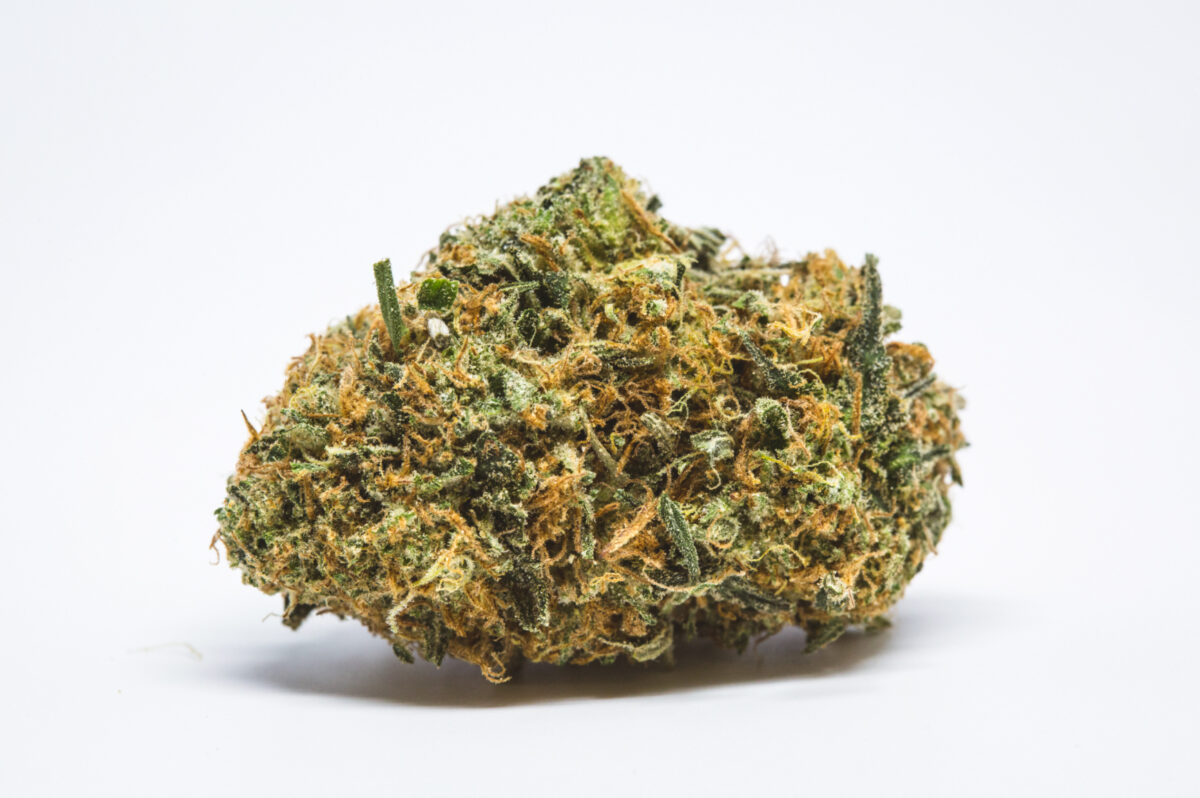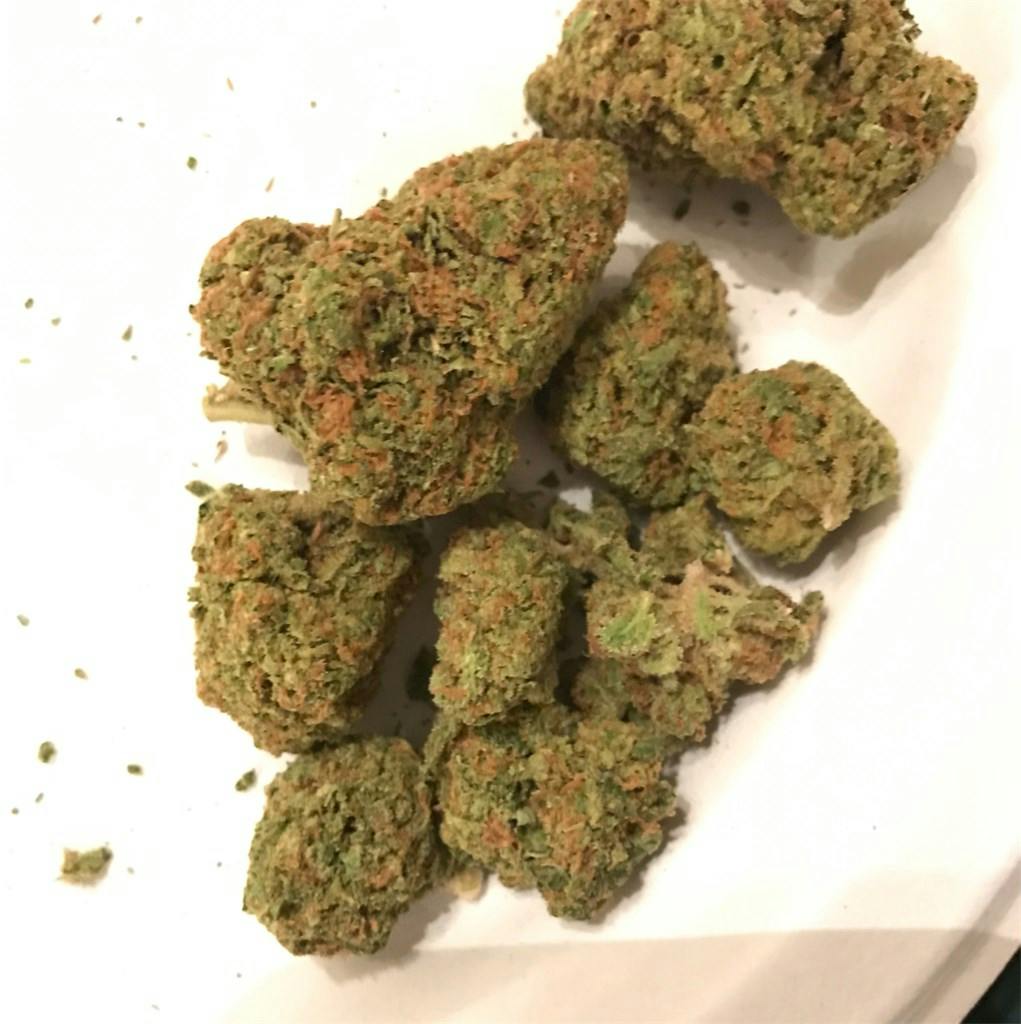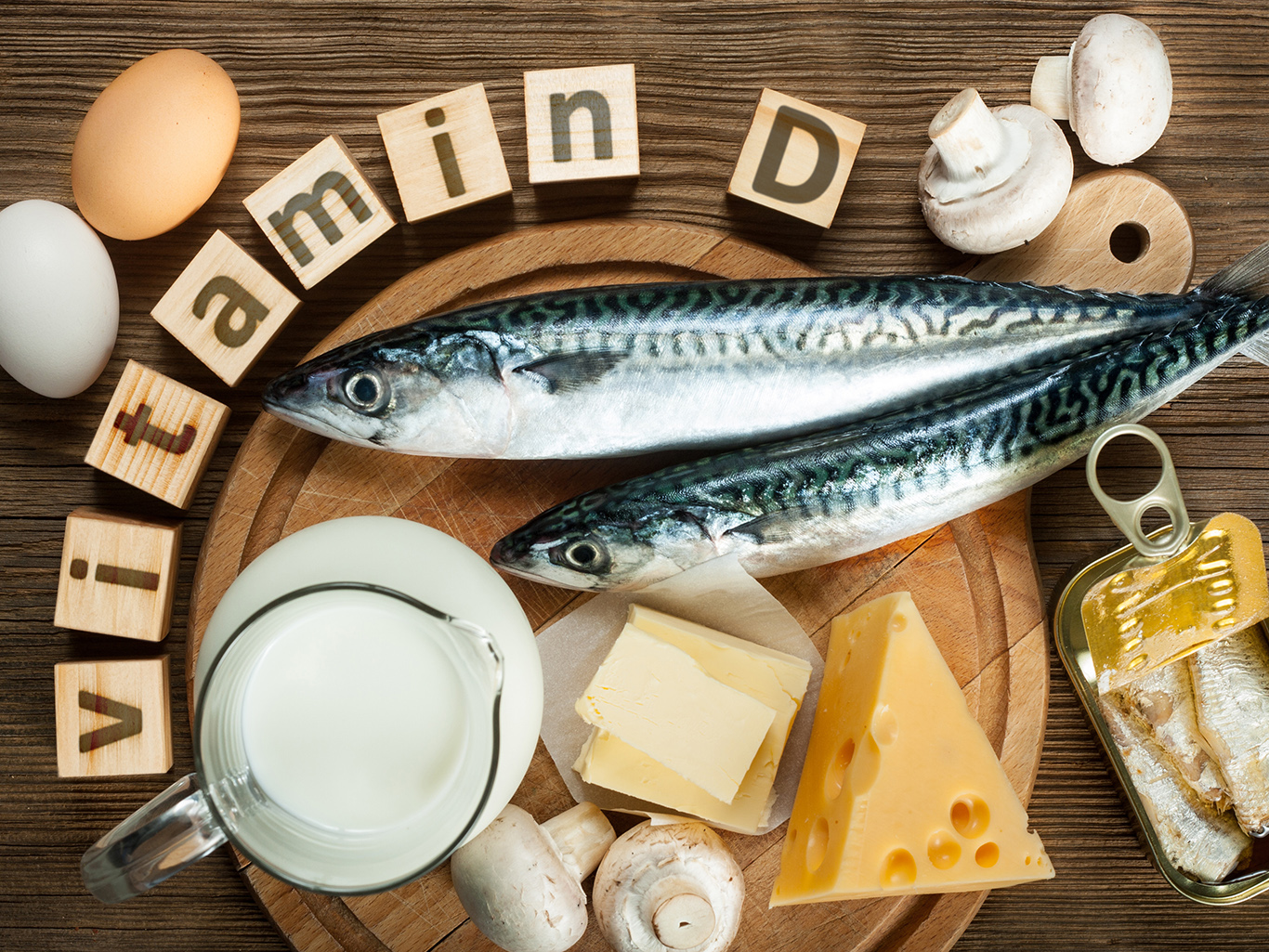Introduction
In a world where decision-making can define success or failure, the pursuit of methods to enhance cognitive function has led many to explore nootropics. Often referred to as “smart drugs” or cognitive enhancers, nootropics are substances that are believed to improve cognitive functions, particularly executive functions like decision-making. This guide will delve into how nootropics can potentially enhance decision-making, exploring their mechanisms, benefits, and considerations.
Understanding Nootropics
What Are Nootropics?
Nootropics are a class of substances that claim to improve cognitive function. They can range from prescription medications to natural supplements. While some nootropics have been rigorously studied, others have limited scientific backing. Their effects are often aimed at enhancing mental clarity, memory, and overall cognitive performance.
How Do Nootropics Work?
Nootropics generally work by affecting neurotransmitters, the chemical messengers in the brain. They may increase the availability of neurotransmitters like dopamine and acetylcholine, improve blood flow to the brain, or provide neuroprotective benefits. The precise mechanisms can vary depending on the substance.
The Role of Nootropics in Decision Making
Enhancing Cognitive Functions
Decision-making relies on several cognitive functions, including attention, memory, and executive control. Nootropics that enhance these functions can indirectly support better decision-making. For example, improved attention and memory can lead to more informed and timely decisions.
Improving Focus and Concentration
Focus and concentration are critical for making well-thought-out decisions. Nootropics like caffeine, L-theanine, and modafinil are known for their ability to enhance focus and concentration. By reducing distractions and increasing mental clarity, these substances can help individuals make more precise and deliberate choices.
Reducing Cognitive Fatigue
Cognitive fatigue can impair decision-making by reducing mental sharpness and processing speed. Nootropics that combat fatigue, such as rhodiola rosea and ginseng, may help maintain cognitive performance under stress, thereby improving decision-making capabilities.
Supporting Memory and Recall
Memory and recall are essential for decision-making, particularly in situations where past experiences and learned information need to be applied. Nootropics like ginkgo biloba and bacopa monnieri have been shown to support memory function, which can enhance decision-making by improving the ability to retrieve relevant information.
Popular Nootropics for Decision Making
Caffeine
Caffeine is one of the most commonly used nootropics. It works by blocking adenosine receptors in the brain, which increases the release of neurotransmitters like dopamine and norepinephrine. This results in enhanced alertness, focus, and cognitive performance.
L-Theanine
L-theanine is an amino acid found in tea that promotes relaxation without drowsiness. When combined with caffeine, it can improve attention and cognitive performance while reducing the jittery effects of caffeine. This combination can be particularly beneficial for decision-making under pressure.
Modafinil
Modafinil is a prescription medication used to treat narcolepsy and other sleep disorders. It has been found to enhance wakefulness, focus, and cognitive function. While it’s not recommended for everyone, it is sometimes used off-label as a cognitive enhancer.
Bacopa Monnieri
Bacopa monnieri is an herb used in traditional medicine for its cognitive benefits. It is believed to improve memory, reduce anxiety, and support overall cognitive function. These effects can contribute to better decision-making by enhancing the ability to recall and apply information.
Rhodiola Rosea
Rhodiola rosea is an adaptogen that helps the body adapt to stress. It is known to reduce fatigue, improve mood, and enhance cognitive function. By reducing stress-related cognitive decline, it can support clearer decision-making.
Benefits of Nootropics for Decision Making
Enhanced Cognitive Performance
Nootropics can improve various aspects of cognitive performance, including attention, memory, and executive function. This can lead to more effective decision-making by providing clearer thinking and better problem-solving abilities.
Increased Mental Clarity
By enhancing focus and reducing cognitive distractions, nootropics can increase mental clarity. This improved clarity helps individuals analyze situations more thoroughly and make more informed decisions.
Better Stress Management
Nootropics that reduce stress and cognitive fatigue can help maintain optimal cognitive function in high-pressure situations. This can lead to more consistent and rational decision-making, even under stress.
Improved Memory Recall
Nootropics that support memory function can enhance the ability to recall relevant information during decision-making processes. This can lead to more accurate and informed choices based on past experiences and knowledge.
Considerations and Risks
Individual Variability
The effects of nootropics can vary widely between individuals. Factors such as genetics, baseline cognitive function, and overall health can influence how well a nootropic works. It’s important to consider these factors when using nootropics for decision-making enhancement.
Potential Side Effects
Some nootropics can have side effects, including insomnia, jitteriness, or gastrointestinal issues. It’s crucial to use these substances responsibly and be aware of any adverse effects. Consulting with a healthcare professional before starting a new nootropic is recommended.
Legal and Ethical Concerns
The use of certain nootropics, particularly prescription medications like modafinil, may be subject to legal and ethical considerations. It’s important to ensure that the use of nootropics complies with relevant regulations and ethical standards.
Long-Term Effects
The long-term effects of many nootropics are not well-studied. While short-term benefits can be appealing, it’s important to consider potential long-term consequences and use nootropics as part of a balanced approach to cognitive enhancement.
FAQs
What are nootropics?
Nootropics are substances that are believed to enhance cognitive functions such as memory, attention, and executive function. They include both prescription medications and natural supplements.
How do nootropics enhance decision-making?
Nootropics can enhance decision-making by improving cognitive functions like attention, memory, and focus. This leads to clearer thinking and more informed decisions.
Are there any risks associated with using nootropics?
Yes, there can be risks associated with nootropic use, including side effects, individual variability in response, and legal or ethical concerns. It’s important to use them responsibly and consult a healthcare professional if needed.
What are some common nootropics used for enhancing focus?
Common nootropics for enhancing focus include caffeine, L-theanine, and modafinil. These substances can improve attention and reduce cognitive distractions.
Can nootropics help with cognitive fatigue?
Some nootropics, such as rhodiola rosea and ginseng, are known to combat cognitive fatigue and help maintain cognitive performance under stress.
How does caffeine affect decision-making?
Caffeine enhances alertness and cognitive performance by blocking adenosine receptors and increasing neurotransmitter release. This can lead to improved focus and clearer thinking.
What is the role of L-theanine in combination with caffeine?
L-theanine promotes relaxation and reduces the jittery effects of caffeine. When combined with caffeine, it can improve attention and cognitive performance while minimizing side effects.
Is modafinil safe for cognitive enhancement?
Modafinil is generally considered safe for its intended medical uses but should be used with caution for cognitive enhancement. Consulting a healthcare professional is advisable before use.
How does Bacopa monnieri support decision-making?
Bacopa monnieri supports memory and cognitive function, which can enhance decision-making by improving the ability to recall and apply information.
What should be considered before using nootropics?
Before using nootropics, consider individual variability, potential side effects, legal and ethical concerns, and long-term effects. Consulting with a healthcare professional is recommended to ensure safe and effective use.
Conclusion
Nootropics offer a fascinating potential to enhance cognitive functions that underpin effective decision-making. While they can provide benefits such as improved focus, reduced cognitive fatigue, and enhanced memory, it’s essential to approach their use with caution. Understanding the specific effects, risks, and individual responses can help maximize their benefits while minimizing potential downsides. As with any cognitive enhancement strategy, integrating nootropics into a broader approach that includes healthy lifestyle choices can lead to the best outcomes in decision-making and overall cognitive performance.








